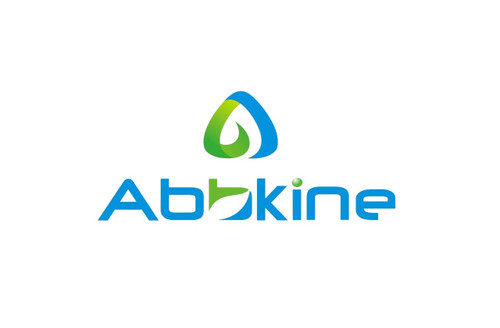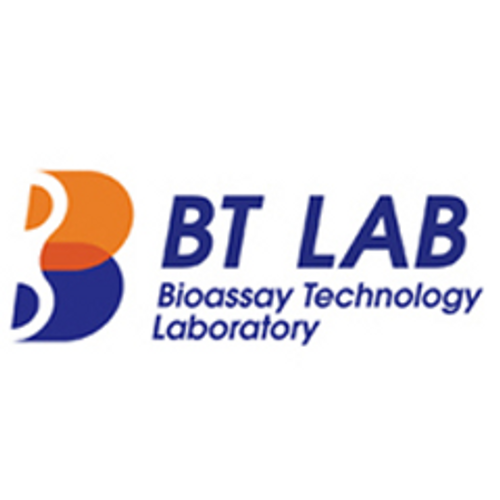Product Description
Rat Phosphatidylinositol antibody IgG/IgM (PI Ab-IgG/IgM) ELISA Kit | AE62742RA | Abebio
Species Reactivity: Rat (Rattus norvegicus)
Abbreviation: PI Ab-IgG/IgM
Alternative Name: N/A
Application: ELISA
Range: 123.5-10000 pg/mL
Sensitivity: 48.6 pg/mL
Intra-Assay: ≤4.8%
Inter-Assay: ≤10.2%
Recovery: 0, 88
Sample Type: Serum, Plasma, Other biological fluids
Detection Method: Competitive ELISA
Analysis Method : Qualitative
Test Principale: This assay employs the competitive enzyme immunoassay technique. The microtiter plate provided in this kit has been pre-coated with an antibody specific to PI Ab-IgG/IgM. Standards or samples are then added to the appropriate microtiter plate wells with a Horseradish Peroxidase (HRP) -conjugated PI Ab-IgG/IgM and incubated. The competitive inhibition reaction is launched between with HRP labeled PI Ab-IgG/IgM and unlabeled PI Ab-IgG/IgM with the antibody. A substrate solution is added to the wells and the color develops in opposite to the amount of PI Ab-IgG/IgM in the sample. The color development is stopped and the intensity of the color is measured.
Product Overview: Phosphatidylinositol is a negatively charged phospholipid and a minor component in the cytosolic side of eukaryotic cell membranes.The inositol can be phosphorylated to form phosphatidylinositol phosphate (PIP), phosphatidylinositol bisphosphate (PIP2) and phosphatidylinositol trisphosphate (PIP3) . With inositol in the fermentation medium, phosphatidylinositol (PI) content was increased, while phosphatidylcholine (PC) and phosphatidylethanolamine (PE) were decreased. When yeast cells had a higher content of PI, they produced ethanol much more rapidly and tolerated higher concentrations of ethanol. During ethanol shock treatment at 18% (v/v) ethanol, yeast cells with a higher concentration of PI lost their viability much more slowly than those with a lower concentration of PI, indicating that the PI content in these yeast cells can play an important role in ethanol production and ethanol tolerance.
Stability: The stability of ELISA kit is determined by the loss rate of activity. The loss rate of this kit is less than 5% within the expiration date under appropriate storage condition. The loss rate was determined by accelerated thermal degradation test. Keep the kit at 37°C for 4 and 7 days, and compare O.D.values of the kit kept at 37°C with that of at recommended temperature. (referring from China Biological Products Standard, which was calculated by the Arrhenius equation. For ELISA kit, 4 days storage at 37°C can be considered as 6 months at 2 - 8°C, which means 7 days at 37°C equaling 12 months at 2 - 8°C) .
 Euro
Euro
 USD
USD
 British Pound
British Pound
 NULL
NULL








